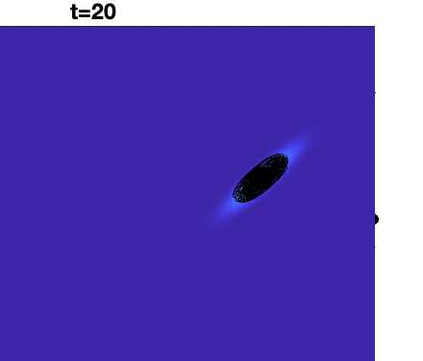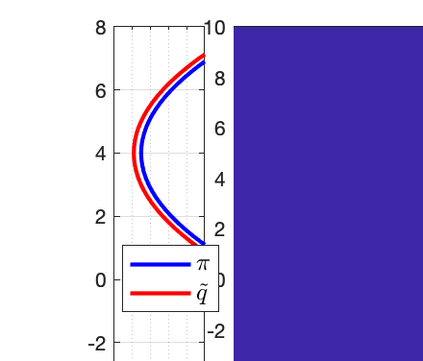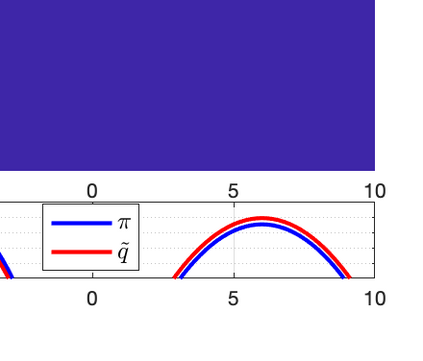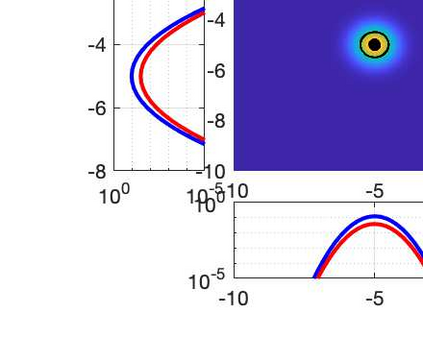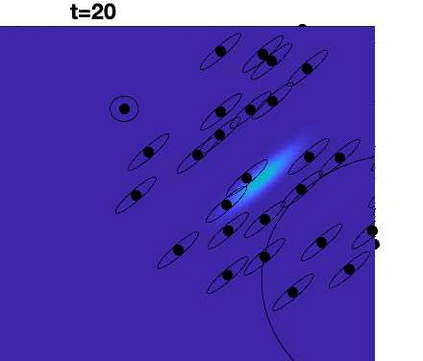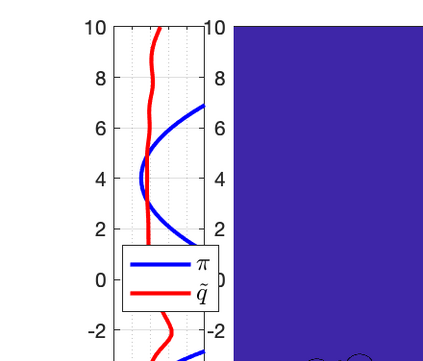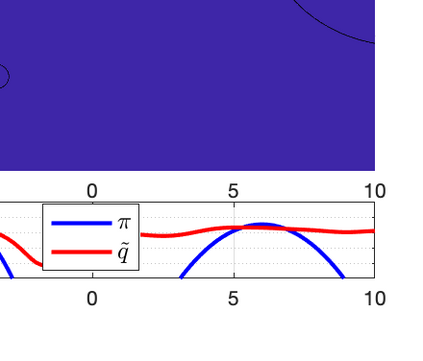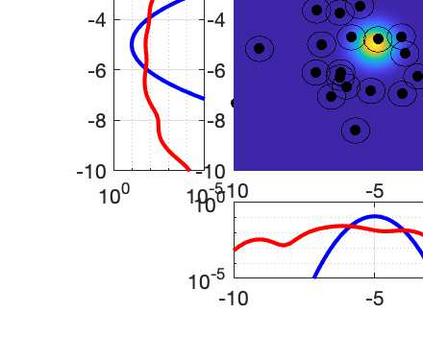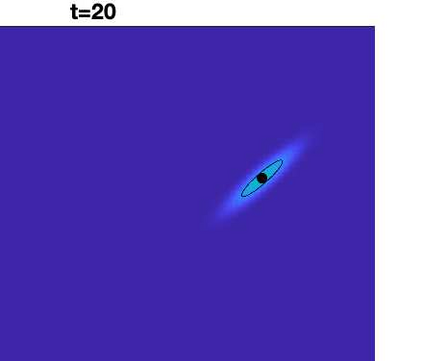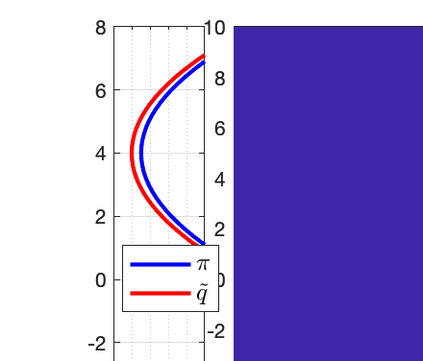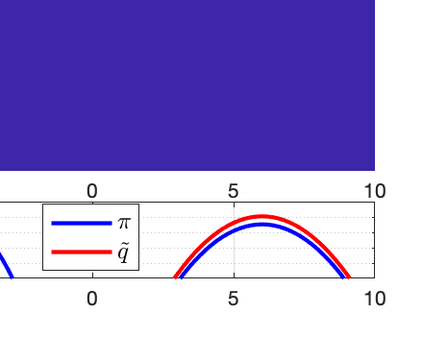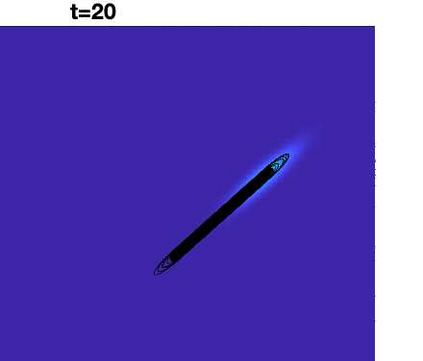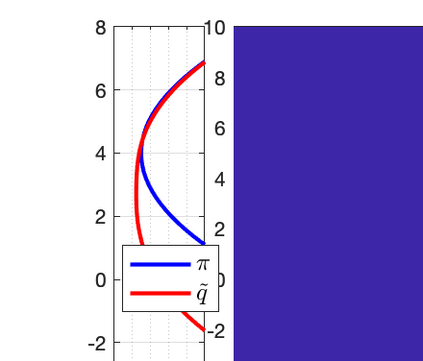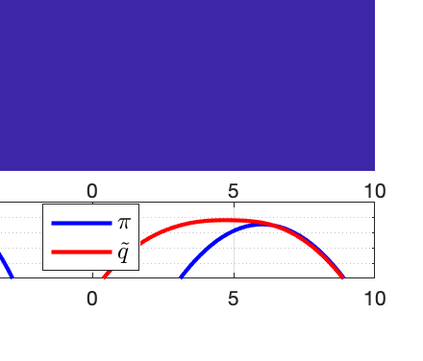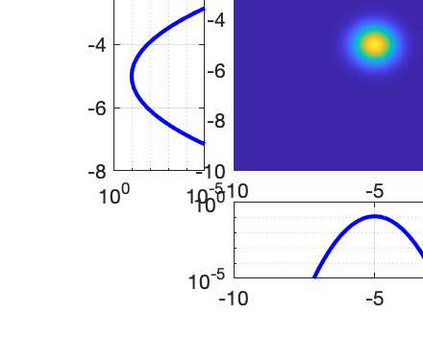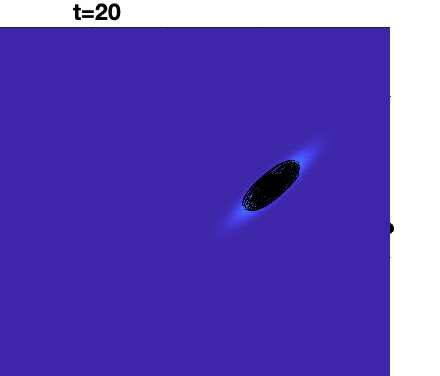Importance sampling (IS) is a powerful Monte Carlo methodology for the approximation of intractable integrals, very often involving a target probability density function. The performance of IS heavily depends on the appropriate selection of the proposal distributions where the samples are simulated from. In this paper, we propose an adaptive importance sampler, called GRAMIS, that iteratively improves the set of proposals. The algorithm exploits geometric information of the target to adapt the location and scale parameters of those proposals. Moreover, in order to allow for a cooperative adaptation, a repulsion term is introduced that favors a coordinated exploration of the state space. This translates into a more diverse exploration and a better approximation of the target via the mixture of proposals. Moreover, we provide a theoretical justification of the repulsion term. We show the good performance of GRAMIS in two problems where the target has a challenging shape and cannot be easily approximated by a standard uni-modal proposal.
翻译:重要程度取样(IS)是蒙特卡洛最强大的精密构件近似方法,常常涉及目标概率密度功能。IS的性能在很大程度上取决于在模拟样品时对标本分布的适当选择。在本文中,我们提出一个适应性重要性采样器,称为GRAMIS, 迭接地改进一套提议。算法利用目标的几何信息来调整这些提议的位置和规模参数。此外,为了允许合作性调整,还引入了一个反射术语,有利于协调地探索国家空间。这转化为更多样化的探索,并通过混合提案更好地接近目标。此外,我们从理论上解释了反射术语。我们展示了GRAMIS在两个问题上的良好表现,在这两个问题上,目标的形状具有挑战性,并且不容易被标准的单式提案所近似。

